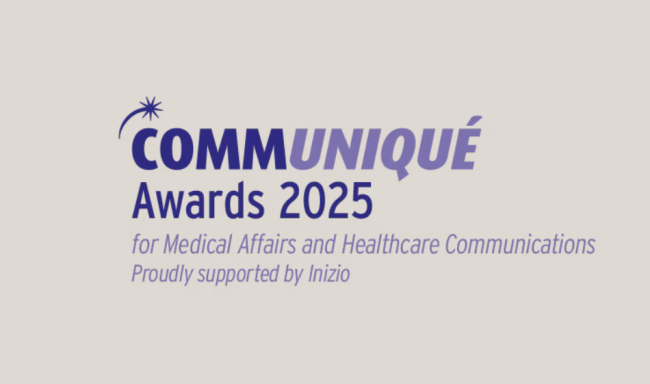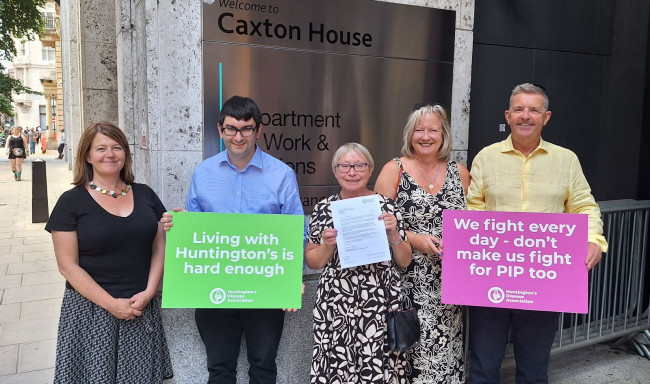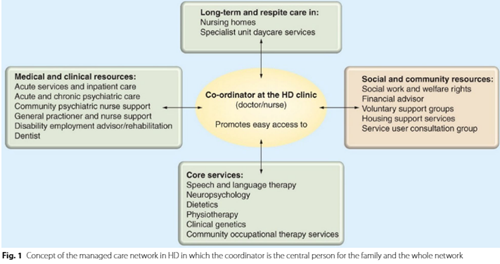Multidisciplinary Care and Treatment Working Group of the European Huntington’s Disease Network release a new paper about the treatment of Huntington's disease.
Improving quality of life
In multidisciplinary treatment and care for Huntington's disease, we do not need to prove the genetic cause of the disease or the devastating effects it has on patients and families. Instead, we need to focus on what we can do to improve their quality of life and provide people with Huntington’s the best possible care.
This requires a comprehensive approach that involves a range of healthcare professionals, including neurologists, psychiatrists, genetic counsellors, social workers, and occupational and physical therapists. We need to ensure that patients and their families have access to appropriate resources and support, including counselling, education, and community resources.
Position paper
The Multidisciplinary Care and Treatment Working Group of the European Huntington’s Disease Network have produced a position paper appropriately titled,
“What we don't need to prove but need to do in multidisciplinary treatment and care in Huntington's disease: a position paper”
Alex Fisher, Occupational Therapist and co-author of the paper said,
“As health practitioners, our goal should be to provide compassionate, patient-centred care that acknowledges the complex physical, psychological, and social challenges of Huntington’s disease. We must work together to ensure that patients and their families receive the care and support they need to live their lives to the fullest, despite the challenges posed by this disease.”
The paper with input from the Huntington’s community calls for healthcare providers with a holistic view of patients and families. Building long-term trust is an important part of caring for someone with Huntington’s disease. This paper describes a managed care network comprising all the needed professionals and services.
As described by one patient advocate,
“I must say I found it very very useful. It described briefly but clearly the many things that should be taken into account when caring for Huntington's disease patients and families. Sometimes it's hard to tell others all the knowledge one has gained and learned over the years, here it is well put together.”





